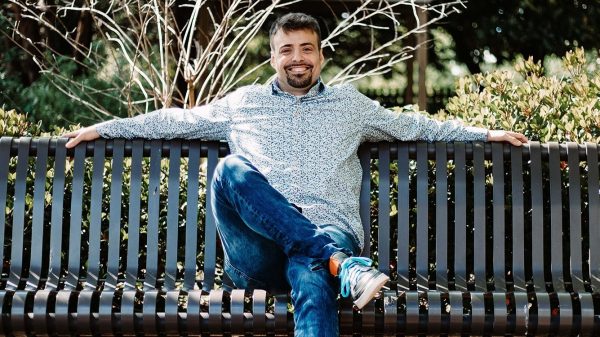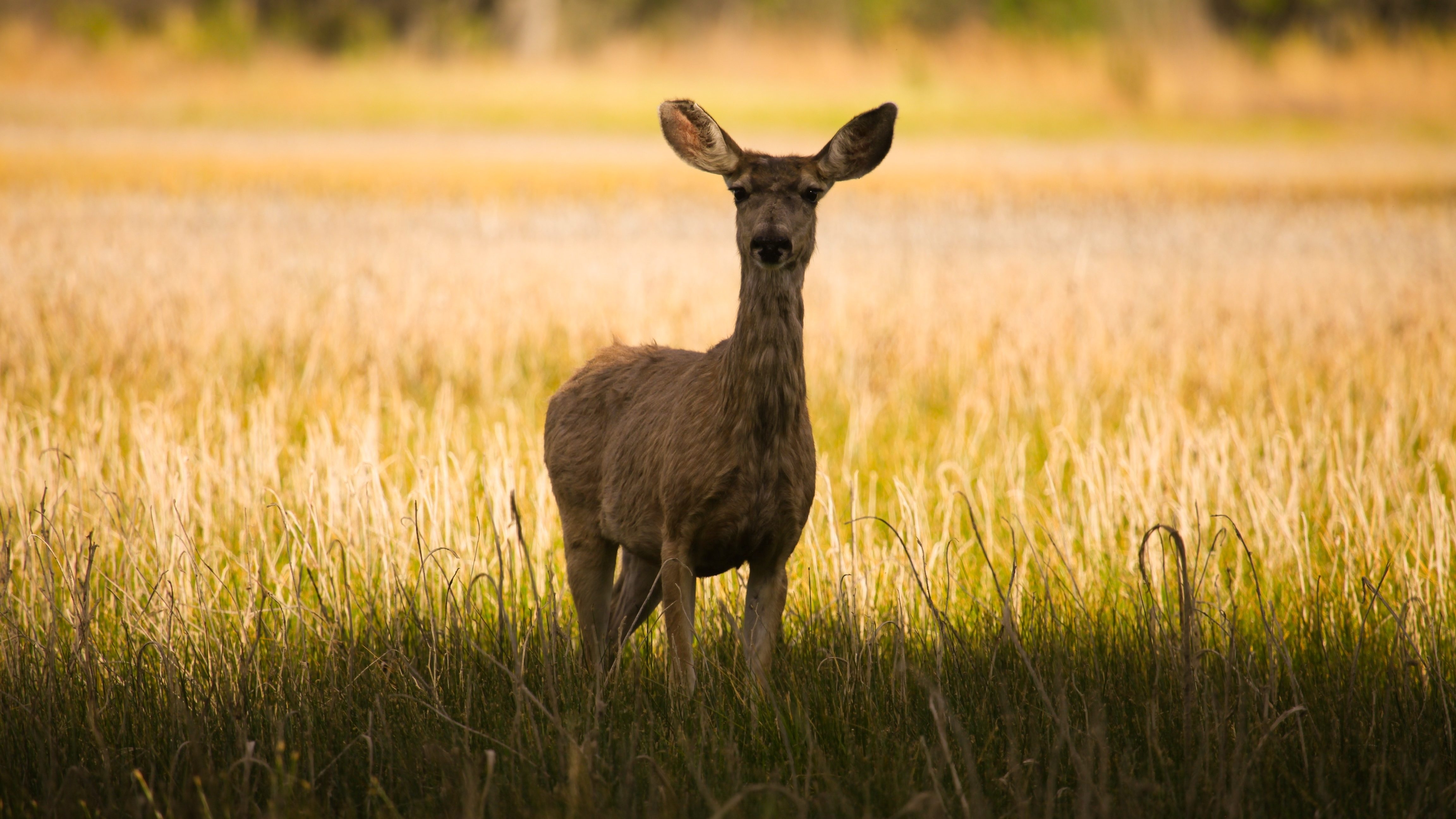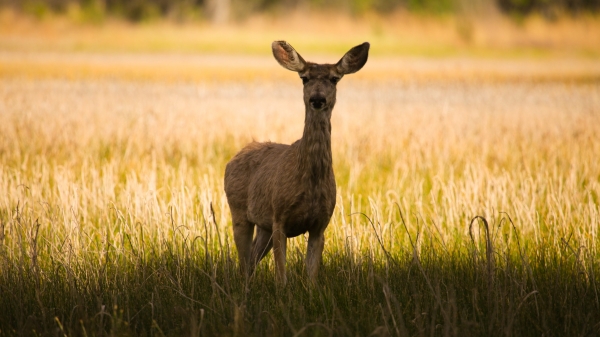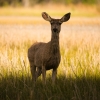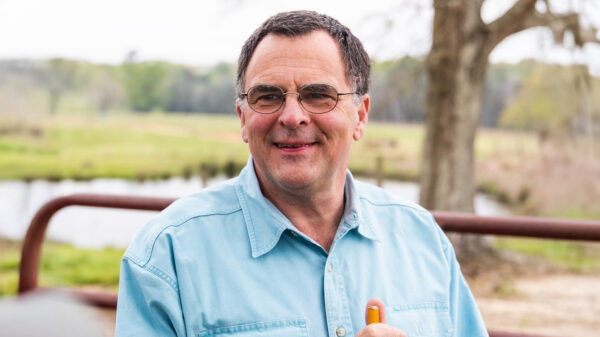The Alabama Legislature passed a bill Thursday allowing hunters to hunt both deer and feral hogs over bait. Slightly different versions of this bill had already passed both the Alabama House of Representatives and the state Senate.
On Thursday, the House passed the Senate version of the bill, SB66, sponsored by state Sen. Jack Williams, R-Wilmer.
The bill was carried on the floor by state Rep. Danny Crawford, R-Athens, who sponsored the House version.
The bill will allow the Alabama Department of Conservation and Natural Resources to sell special licenses to hunters in addition to their existing hunting licenses that will allow the hunting of deer and hogs in a baited field.
“This bill gave me some heartburn when it came up last year, but we have a huge feral hog problem in this state,” said State Rep. Reed Ingram, R-Montgomery.
“This is a good bill,” Ingram said. “It gives the [of the Department of Conservation and Natural Resources] more power to stop it if needed to control CWD.”
Chronic Wasting Disease is a problem in many states’ Whitetail deer herds but is not yet present in Alabama.
“I still have a problem with the bill. I told Sen. Williams that he would not get a yes vote from me,” said State Rep. Artis “A.J.” McCampbell, D-Livingston.
“I still don’t consider this hunting,” McCampbell said. “This is setting a table for a neighbor and shooting him while he is standing their eating.”
“Thank you for carrying this bill for Senator Williams,” State Rep. Margie Wilcox, D-Mobile. “This is a very good bill.”
Crawford said people can put out bait and hunt 100 yards away and not in the line of sight. He also said feral hogs are very destructive.
“I have had farmers tell me that they kill 125 feral hogs a year out of some of their fields,” Crawford said.
Crawford said feral hog is edible.
“Other states around us already allow bait,” said State Rep. John Rogers, D-Birmingham. “I am OK with the bill.”
SB66 passed the House 83 to 12.
“We are very thrilled to get it past us,” Crawford told reporters. “This has drawn a lot of confusion.”
Crawford said hunters are free to continue hunting over a hundred yards away from the bait if they want to. This bill will allow you to move that corn to wherever you want it.
“This bill will give [the DCNR] the resources they need to fight CWD,” Crawford said.
“All of their money comes from fees,” Crawford said. “We are having to use our resources and take it away from enforcement to intercept harvest carcasses coming into the state.”
Crawford said they expect the fees will bring in a million dollars to DCNR. The federal government will match it three to one, so this actually generates $400 million.
APR asked Crawford just how bad is the feral hog problem in Alabama.
Crawford said he works in the federal crop insurance program, and he has toured fields where hogs came in and ate every corn seed out of the ground, including a 120-acre field where were just 50 stalks that came up after the hogs came in and rooted up all the seed.
“There are counties where we just can’t plant some crops,” Crawford said.
Wilcox County is one. People can’t grow peanuts there because of the hogs. Farmers are forced to grow cotton.
“Its difficult to replant a field because you have already put out the chemical for that crop,” Crawford said.
The herbicides used would prevent a farmer from replanting to a faster growing crop.
In addition to the damage to agriculture, feral hogs, which are not native to Alabama, consume large quantities of seeds, nuts and seedlings limiting forest regrowth; compete with native animals for food; eat native insects, earthworms, voles, shrews, turtles, amphibians and ground nesting birds; transmit disease to native wildlife and their rooting and wallowing behaviors and defecating in streams and the Alabama coast contribute to poor water quality which has led to the decline of populations of aquatic insects and mussels.
SB66 has passed both Houses of the legislature and now goes to Gov. Kay Ivey’s desk for her consideration.


